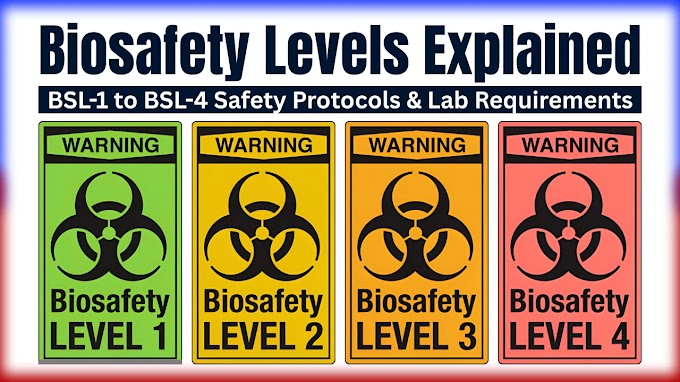Introduction:
A new report released by the World Health Organization (WHO) and the Global AMR R&D Hub sheds light on the progress made in combating antimicrobial resistance (AMR) and emphasizes the remaining gaps in ensuring a robust pipeline of antibiotic treatments. Despite recent efforts, AMR continues to be a global public health threat, resulting in millions of deaths each year.
Insufficient R&D Pipeline and Limited Access:
The report reveals that the research and development (R&D) pipeline for new antibiotics remains thin, while access to both new and existing treatments remains a challenge. In 2019 alone, nearly 5 million deaths were associated with AMR. The lack of effective antibiotics poses significant risks to public health, and if left unaddressed, AMR could have severe economic consequences, with predictions suggesting a potential cost of USD 100 trillion by 2050.
G7 Commitments and Actions:
The report highlights commitments made by G7 Finance and Health Ministers to expedite the implementation of existing AMR strategies and take additional steps to address antibiotic market failures. The ministers have pledged to create economic conditions that preserve the effectiveness of essential antibiotics, strengthen AMR R&D, and bring new antibacterial medicines to the market. These commitments are based on a One Health approach, which emphasizes collaboration and coordination across sectors.
Incentives for AMR R&D:
The G7 Finance Ministers, in their recent communiqué, expressed their intention to enhance efforts in incentivizing AMR R&D. They acknowledged the need to monitor and coordinate these efforts while exploring the possibility of international collaboration on pull incentives for antimicrobial R&D. The G7 Health Ministers also reiterated their commitment to exploring push and pull incentives that encourage investment in the R&D of antimicrobials.
Priority Actions Proposed:
To accelerate progress in addressing the AMR crisis, the report proposes several priority actions for the next two years. These actions include establishing relevant commitments and targets for the high-level meeting on AMR at the United Nations General Assembly in 2024, aligning and implementing targeted financing mechanisms to address the antibiotic R&D and access crisis, and ensuring equitable and global access to antibiotics that meet urgent public health needs.
Conclusion:
While substantial progress has been made by G7 countries in supporting AMR research and development, current efforts are still insufficient to tackle the antibiotic pipeline and access crisis. Efforts to ensure equitable access to antibiotics, particularly in low- and middle-income countries facing a high burden of AMR, remain inadequate. The WHO report emphasizes the need for accelerated action and innovative financing measures to address these challenges effectively. By prioritizing global collaboration and targeted interventions, it is possible to make significant strides in combating AMR and safeguarding public health.



~1.webp)
.webp)

